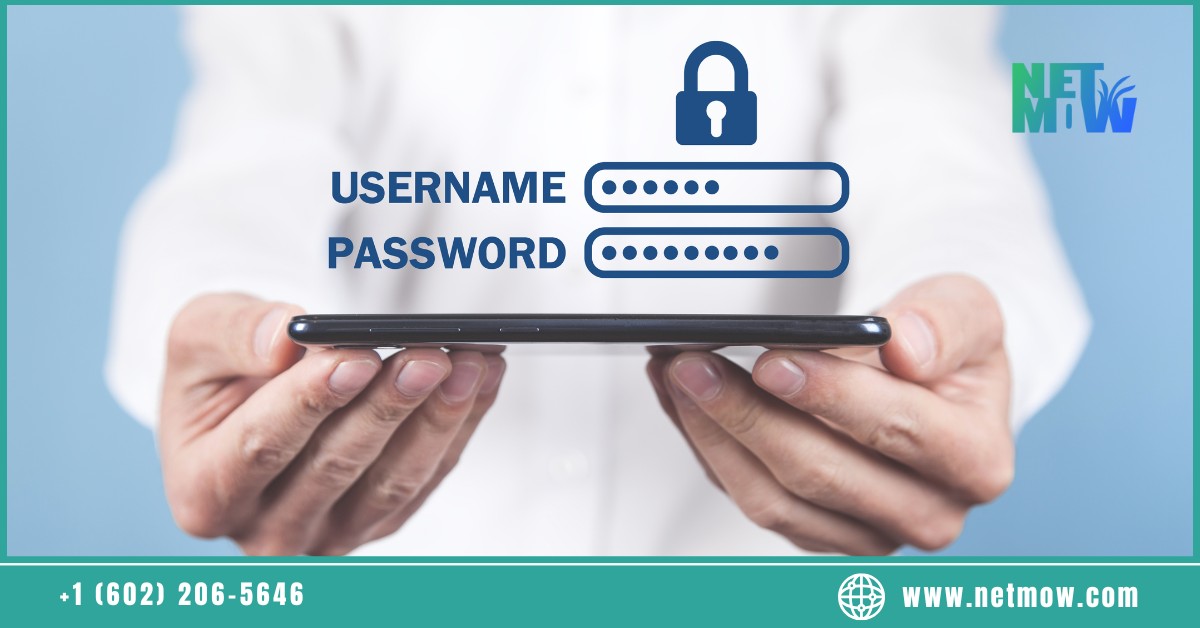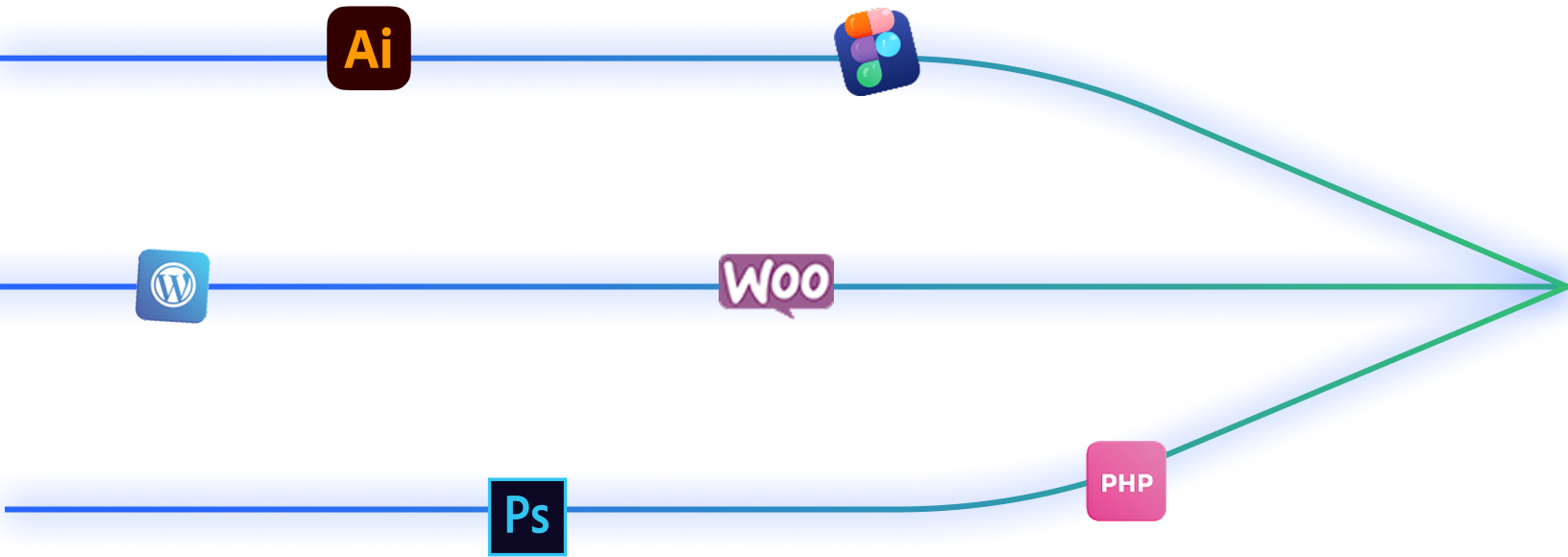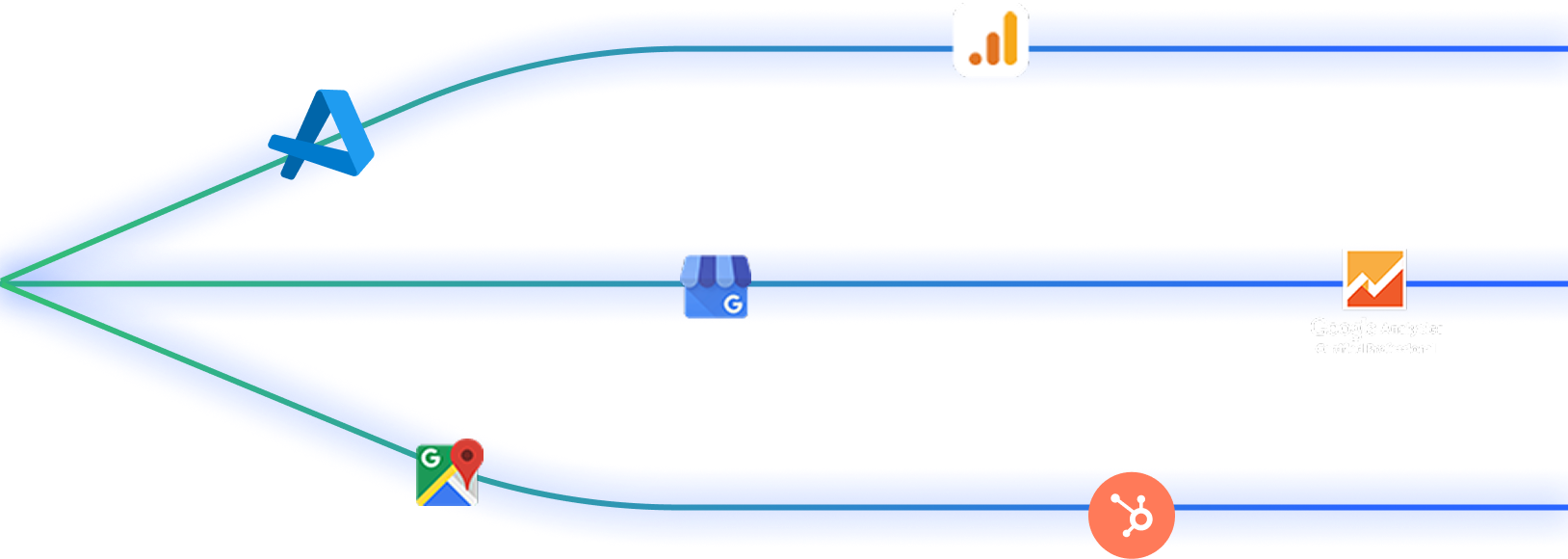Why Your Website’s Security is Like Locking the Doors to Your Business

In the physical world, locking the doors to your business is one of the first things you do to protect your property and assets. Similarly, securing your website is just as crucial for protecting your business and its valuable data from cyber threats. Your website acts as the digital face of your company, often being the first point of contact between your brand and potential clients. For a business like Netmow, which offers cutting-edge web design, software development, and digital marketing services, ensuring your website is secure is paramount not only for your own protection but also for safeguarding your clients’ information and maintaining your brand’s reputation.
The digital landscape is full of risks, and a breach in website security can result in financial loss, reputational damage, and loss of customer trust. Just as a physical business is vulnerable to break-ins if its doors are left unlocked, a website without the proper security measures is an open target for hackers. In this blog post, we will explore why website security is critical for businesses, the common security threats that you should be aware of, and the best practices to lock your digital doors against cyberattacks.
1. Understanding Website Security: The First Line of Defense
Definition:
Website security refers to the set of practices, protocols, and technologies implemented to protect a website from malicious attacks and unauthorized access. It encompasses various techniques and strategies used to safeguard data, prevent hacking, and ensure a positive and secure experience for users.
Why It Matters:
Website security is essential for several reasons. Firstly, it protects your business’s sensitive data, including customer information, transaction details, and proprietary business information. A security breach can lead to severe financial consequences, from legal costs to loss of customers and revenue. Furthermore, maintaining security helps your website perform optimally, ensuring that your business operates smoothly without disruptions caused by cyberattacks.
For Netmow, as a company specializing in digital marketing, web design, and IT services, maintaining website security is even more crucial. Your business relies on trust and credibility to attract clients. A secure website fosters that trust, showing customers that their personal and financial information is safe when engaging with your services.
Real-World Analogy:
Think of website security like locking the doors to your physical store. Just as you wouldn’t leave your storefront unguarded, your digital presence must also be protected. Without proper locks (security measures), anyone can enter and cause harm—whether it’s stealing your data or disrupting your business.
2. Common Website Security Threats: Identifying the Intruders
Just as there are various ways criminals can break into a physical store, there are many types of cyberattacks that can compromise a website. Below are the most common security threats that every website owner should be aware of:
Malware:
Malware refers to malicious software designed to infiltrate a website and cause harm. It can take various forms, including viruses, worms, and trojans. Malware often infects a website through vulnerabilities in the website’s code or outdated software. Once installed, it can steal data, destroy files, or even hold the website hostage for ransom.
For Netmow, malware infections can lead to the corruption of your files or the theft of sensitive client data, which can damage both your reputation and your business operations.
Phishing:
Phishing is a deceptive tactic where cybercriminals impersonate a trusted entity to steal sensitive information like usernames, passwords, and credit card details. They typically do this through fraudulent emails, websites, or phone calls that appear legitimate but are designed to trick users into disclosing personal information.
If a phishing attack targets your website, it could lead to unauthorized access to accounts or a stolen client database. At Netmow, ensuring the security of your digital marketing campaigns, which involve handling client data, is key to avoiding these types of attacks.
SQL Injection:
SQL Injection is an attack technique where hackers insert malicious code into SQL queries, often used in database-driven websites. By exploiting vulnerabilities in the website’s database, attackers can manipulate the system and gain unauthorized access to sensitive data, such as customer information or internal systems.
For Netmow, securing your database is critical, especially when managing client data for services like web design and digital marketing, where sensitive information such as passwords and email addresses is commonly stored.
Cross-Site Scripting (XSS):
Cross-Site Scripting (XSS) is an attack where attackers inject malicious scripts into a website, usually via forms, URLs, or comments. When other users visit the affected website, the scripts execute in their browser, potentially stealing session cookies, credentials, or redirecting them to malicious websites.
XSS attacks can seriously damage user trust. If attackers can hijack user sessions on your website, they could gain access to customer accounts or manipulate transactions. A secure website for Netmow must prevent such attacks to ensure clients’ data is protected.
DDoS Attacks:
A Distributed Denial of Service (DDoS) attack occurs when hackers overwhelm a website with a flood of traffic, making it inaccessible to legitimate users. The goal of a DDoS attack is to crash the website, causing downtime and preventing customers from accessing the site.
For Netmow, a DDoS attack could lead to service disruptions, negatively affecting customer interactions and potentially causing a loss of revenue. With proper security measures, businesses can mitigate DDoS attacks and ensure their website remains operational.
Real-World Analogy:
Just as burglars may use different tools and techniques to break into a physical store, hackers use various methods to attack a website. Recognizing these threats is the first step in defending against them.
3. Key Website Security Measures: Locking the Doors and Adding Alarms
To ensure that your website is secure, several essential security measures should be implemented. These steps act as locks, alarms, and other safeguards to prevent unauthorized access to your website.
Strong Authentication:
- Strong Passwords: Ensure that all accounts associated with your website, including admin accounts, use complex passwords that are difficult to guess. A good password should include a mix of uppercase and lowercase letters, numbers, and special characters.
- Two-Factor Authentication (2FA): Add an extra layer of protection by requiring users and administrators to verify their identity using a second method, such as a text message, email, or authentication app. For Netmow, 2FA should be applied to your admin accounts and customer accounts to prevent unauthorized access.
Encryption:
- SSL/TLS Certificates: Installing SSL certificates on your website enables encryption, ensuring that any data transmitted between your website and users is secure. This is especially important for websites that handle sensitive information, such as payment details or personal data.
- HTTPS: Always use the HTTPS protocol instead of HTTP, as it encrypts the data between the user and the server, ensuring that sensitive information cannot be intercepted by third parties. For Netmow, ensuring that your clients’ data remains secure is paramount, especially when handling customer inquiries through forms or e-commerce transactions.
Firewalls:
- Web Application Firewalls (WAFs): A WAF helps protect your website from malicious traffic and potential attacks. It filters out harmful requests, blocking attempts to exploit vulnerabilities in your website’s code. A WAF should be used alongside other security tools to protect your site from a variety of attacks, including SQL injection, XSS, and DDoS.
Regular Updates:
- Software Updates: Keeping your website’s software, plugins, and themes up to date is critical to security. Many cyberattacks exploit known vulnerabilities in outdated systems. Ensure that updates are installed promptly to prevent attackers from exploiting these gaps.
Backups:
- Regular Backups: Regularly back up your website and database to ensure that you can quickly restore your site in the event of a cyberattack. For Netmow, having frequent backups ensures that your services are not interrupted in case of a security breach, minimizing downtime and protecting your valuable data.
Security Audits & Monitoring:
- Security Audits: Regular security audits help identify potential vulnerabilities and provide solutions to mitigate risks. An audit checks for security gaps and provides an action plan for tightening up your defenses.
- Security Monitoring: Continuous monitoring of your website allows you to detect suspicious activity in real time. Tools can alert you to potential breaches, allowing you to respond quickly and prevent further damage.
Real-World Analogy:
Think of these security measures as adding locks, surveillance cameras, and alarm systems to your physical store. Passwords are like keys, SSL/TLS encryption acts like a secure vault for sensitive data, and firewalls act as security guards stopping intruders before they can enter.
4. Limit Access: Who Gets the Key to Your Digital Fortress?
One of the most effective ways to secure your website is by limiting access to sensitive areas. Just as you wouldn’t give keys to your office to just anyone, you shouldn’t give unrestricted access to your website.
Restrict Administrative Privileges:
Only give administrative access to trusted personnel who need it. For Netmow, this might mean restricting admin access to key team members responsible for website maintenance and content updates. This minimizes the risk of insider threats or accidental changes that could compromise security.
User Education:
Educate your users about the dangers of phishing, weak passwords, and other common security threats. Ensuring your team is well-versed in security best practices is one of the most effective ways to prevent a breach. Provide training sessions, guidelines, and reminders to ensure that everyone in your organization understands the importance of maintaining website security.
Real-World Analogy:
Limiting access to sensitive areas of your website is like giving out only a few trusted employees a master key to your store while ensuring the rest of the staff has access only to the areas they need to perform their job.
5. Why Website Security is an Ongoing Responsibility: Protecting Your Digital Business Every Day
Proactive vs. Reactive Security:
Security should not be a one-time setup but an ongoing process. Proactive security measures, such as regular audits and updates, are essential for staying ahead of new threats. Reactive measures—responding to a breach after it happens—should be part of your plan but should never be your only approach.
Continuous Improvement:
Cyber threats are constantly evolving, so your website security measures must adapt accordingly. Regularly review and update your security policies, tools, and protocols to stay protected against new and emerging threats.
Real-World Analogy:
Just as you wouldn’t stop updating the locks on your business after installing the first set, website security requires constant monitoring and updating to ensure your site remains protected against evolving threats.
Website security is not optional—it’s a necessity for protecting your business and its digital assets. For Netmow, a company that offers web design, software development, and digital marketing services, ensuring that your website is secure is fundamental to maintaining trust, safeguarding client data, and ensuring the continuity of your business. Just like locking the doors to your physical store, securing your website with robust security measures is the best way to protect your business from cyber threats.
By implementing strong authentication, encryption, firewalls, regular updates, and monitoring, you can lock the doors to your digital fortress and keep attackers at bay. Your website security is an ongoing responsibility that requires constant vigilance and improvement. Don’t wait for an attack to happen—start securing your website today.










